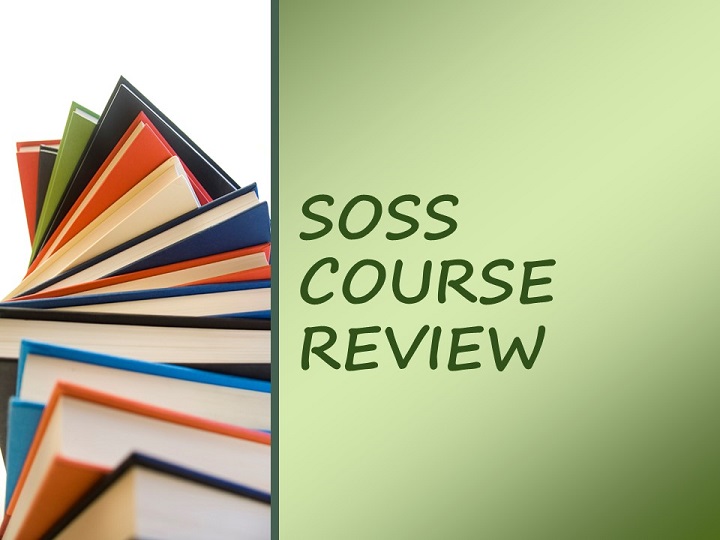
PSYC104 DEVELOPMENTAL PSYCHOLOGY
Harshvardhan Mehta (BSocSc Class of 2017)
What makes us who we are? The study of developmental psychology aims to answer this profound question by improving our understanding of how human beings learn, mature, and adapt. Through this course, students get the opportunity to study human growth and development over the lifespan, including physical, cognitive, social, intellectual, perceptual, personality and emotional growth. The course also facilitates critical thinking about issues relevant to human development and their implications on practical aspects of life such as parenting, education and policy making.
The structure of the course is such that it covers the entire spectrum of human life, ranging from infancy to late adulthood and old age. This allows the students to better understand the myriad of forces that have shaped their lives so far, as well as prepare them for the developmental changes that are going to occur as they transition into adulthood.
The content of the course actively promotes critical thinking and increased self-awareness. A key highlight of this course is the reflection essay, where students have to choose a target person (either themselves or immediate family members) and analyse their lives or specific behaviours from a developmental perspective. This encourages a synthesis of theory and application, as well as a more nuanced understanding of the target person. The reflection essay facilitated a better understanding of my self-concept, and also had a significant impact in enhancing my self-esteem.
Another unique component of this course is the opportunity to deliver an individual 5-minute speech to the entire class. This is an interesting variation of the usual class participation component, where students can volunteer to give a short speech or presentation to the class on any topic that is relevant to developmental psychology. This allows students to zoom in on a topic of interest to them, and share their research and opinions with the class. It is a fantastic way of sparking discussions and debates on a wide variety of interesting issues, ranging from adolescent romantic relationships to the impact of parental religiosity on child development. These presentations allow the class to go beyond the normal course material and to learn from one another, which is really a great way to expand your horizons. You will be amazed at the kind of insights that can arise from such discussions.
All in all, I felt that the classes were stimulating and enriching, and they also imparted useful practical knowledge that is important for students to be aware of as they transition into adulthood proper. The course material was supplemented with examples from Prof. Yang Hwajin’s own life, including the development of her adorable children, which made the classes engaging and relatable. Developmental Psychology was a topic that I knew shamefully little about, but now I have a better and more robust understanding of human developmental processes. I believe the course truly steers you towards the path of better self-understanding.